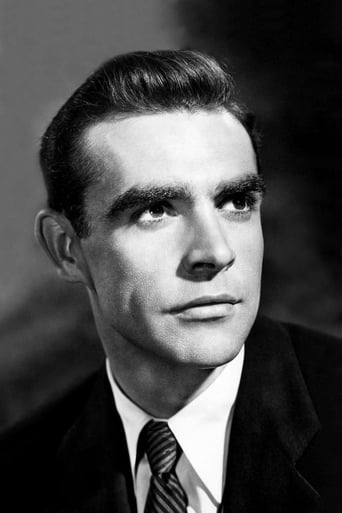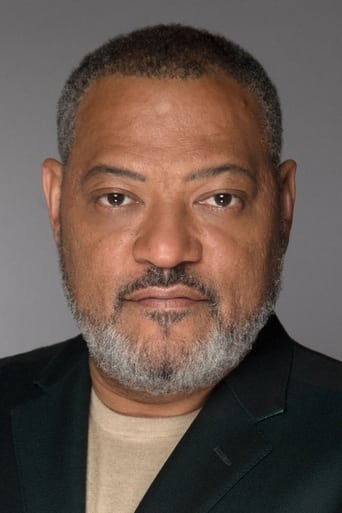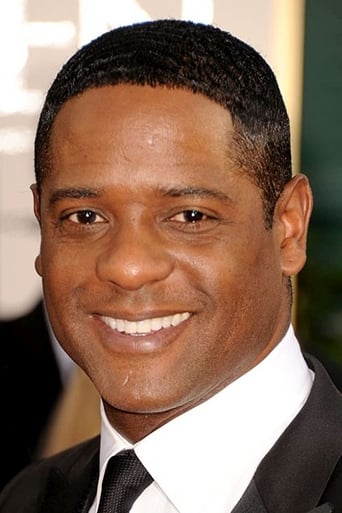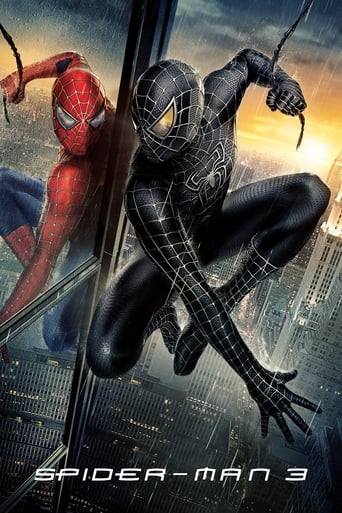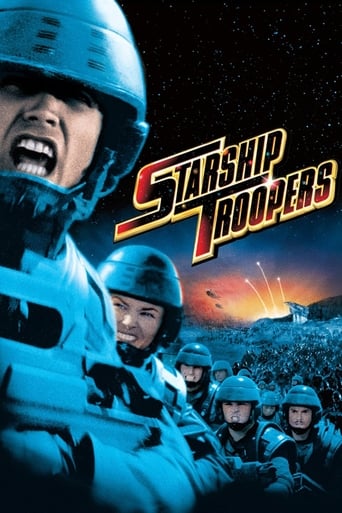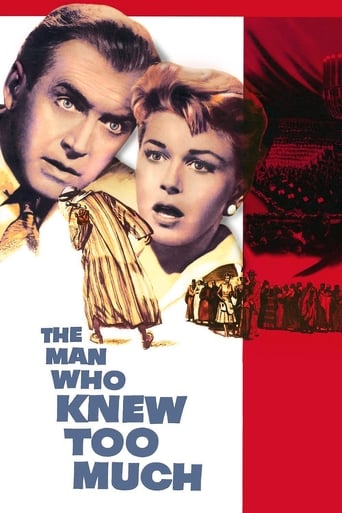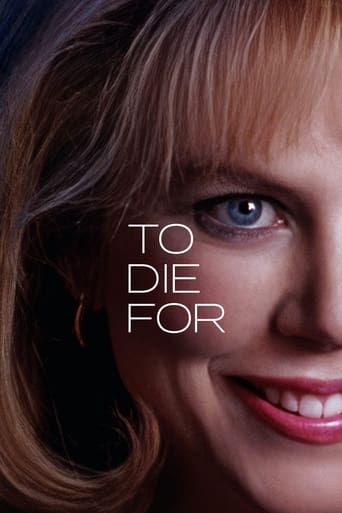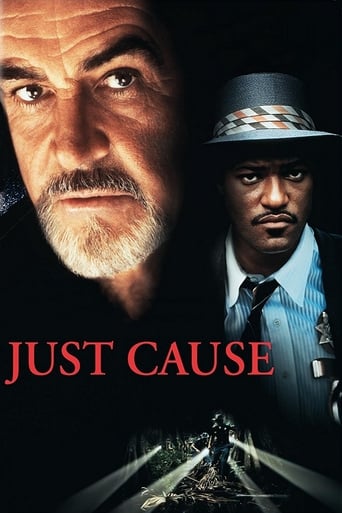
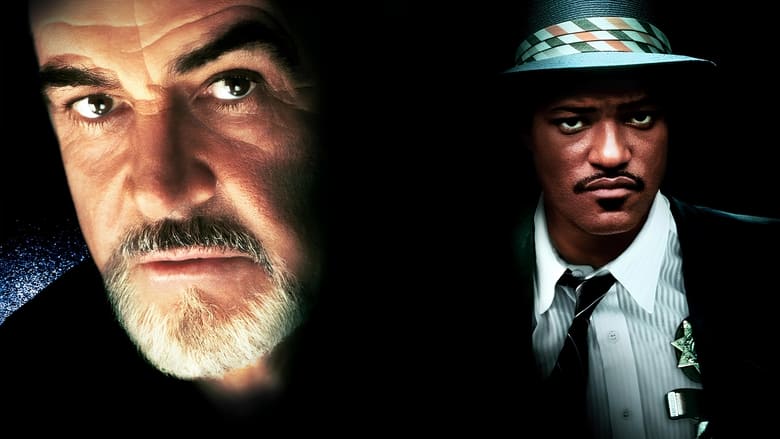
Just Cause (1995)
A Harvard professor is lured back into the courtroom after twenty-five years to take the case of a young black man condemned to death for the horrific murder of a child.
Watch Trailer
Cast
Similar titles

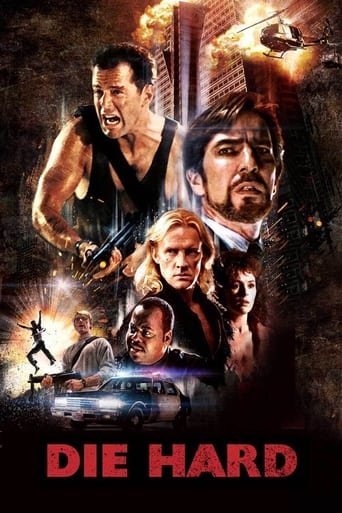
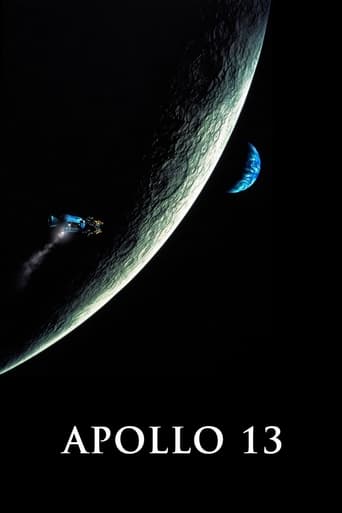
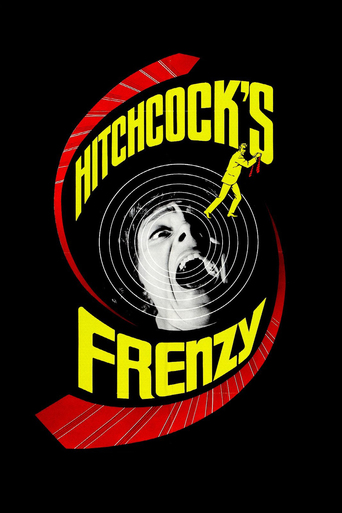
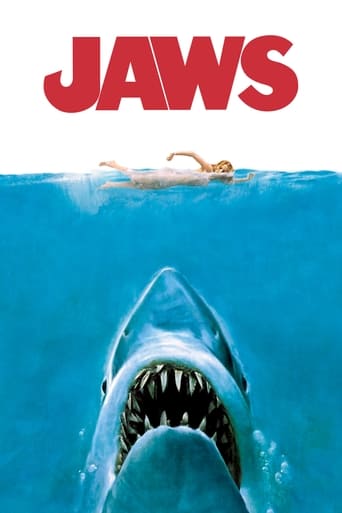
Reviews
Good movie but grossly overrated
Excellent, Without a doubt!!
This is a gorgeous movie made by a gorgeous spirit.
It is an exhilarating, distressing, funny and profound film, with one of the more memorable film scores in years,
Anyone who has never seen a thriller, a court drama, a story about serial killers, an anti-death penalty plot, scenery being gobbled by Ed Harris, the Everglades, or a movie unsure enough of itself that it has to front load the whole thing with a bunch of big and medium names will find Just Cause absolutely riveting.Oh, JC wasn't bad (except for Sean Connery looking a bit bewildered). In my head I started listing off movies I've seen that Just Cause copies. I only got frustrated with this derivative thing when Kate Capshaw drives a car over a draw bridge, the car hits hard, the air bags stay put, and the car goes on its merry way with no discernible damage.Just Cause works because it doesn't stretch our credulity, but that was a sloppy and stupid moment, and it didn't help. If you've got 102 minutes to blow, and you don't have any problem with the plot and the language and gore and the we've-seen-this-before, you have a movie night in store.
Whenever you see a movie involving someone that states to be unfairly arrested and definitely innocent in the death row, you expect it to end up as the lawyer proving the client was indeed innocent and the whole American system of Justice is corrupt. However, "Just Cause" does practically the opposite, which makes this movie to be extremely surprising. You know, after seeing that Bobby's trial was solved in a matter of seconds, I kinda realized he was, in fact, the murderer, but that's what happens when you see a bunch of movies in your life-- you can predict almost everything. Another good point in this film is the way the suspense is built; in the first conversation between Armstrong and Sullivan, I almost had a heart attack when Sullivan yelled all of a sudden. Director proves, in that scene and in some others, he's capable of scare the spectator whenever he wants to. Furthermore, "Just Cause" is probably inspired in some others pictures of 1990's, such as "The Silence of the Lambs" and "Cape Fear"-- this one mainly in the river scene-, which doesn't mean it doesn't have an original story, because it surely does have. Also, the whole cast is professional, with big congratulations for Ed Harris, for portraying very good the character he's given. Great independent movie!
Good movie until it spirals out of control at the end. I'm glad someone FINALLY showed NATIVE Floridians. Yes, we do live here (my family's been here for five generations) and there are plenty of us in inland Florida and the Panhandle. Despite what another poster said, most Floridians are from here and still Southern. So, I'm glad to find a movie that portrays we Floridians as we are. That and Ed Harris' character did it for me. Ed Harris truly did a superb job and I loved the mention of Florida State, but the ending was terrible and absurd and featured Laurence Fishburne's on screen daughter talking like a Northerner and letting a strange man (Connery) walk into her house. Anyways, the last 30 minutes was a complete waste of time, but I only really liked it because I'm a Floridian and was proud to see the scenery - even though the constant alligator was a nuisance and cliché.
Paul Armstrong is a liberal, Scottish-born, professor of law at Harvard, known for his passionate opposition to the death penalty, who is hired to take on the case of Bobby Earl, a young black man from Florida who has been convicted of the rape and murder of Joanie Shriver, an eleven year old white girl. Earl claims that his confession to the crime was obtained under duress by a sadistic police officer and that the real murderer is Blair Sullivan, a serial killer already under sentence of death for several other murders. Armstrong visits Sullivan in his cell on death row, hoping to persuade him to confess to Joanie's murder, thereby saving Earl from the electric chair. At first all goes well. Sullivan confesses and Earl is released from prison when the appeal court quashes his conviction. As this development takes place only a little after halfway through the film, it is at this point that alarm bells will start ringing in the mind of the viewer. "Warning! Major plot twist ahead!" And so it proves. The anticipated twist soon materialises. Earl, it transpires, is actually guilty of the crime of which he has just been acquitted, and probably of several others as well, but hatched a diabolical plan together with Sullivan in order to secure his freedom; Sullivan will confess to Joanie's murder if Earl will murder his parents. (Just why Sullivan wanted his parents dead is never precisely explained). Armstrong now finds that he is himself in danger from the man whose life he has just saved; Earl has a grudge against Armstrong's wife, herself a lawyer, who acted as Counsel for the prosecution in an earlier case when Earl was accused of rape. "Just Cause" is an example of the auto-cannibalism in which Hollywood sometimes likes to indulge, cobbling together one film by recycling themes and plot devices from a number of others. The first half owes an obvious debt to films like "Intruder in the Dust" and "To Kill a Mockingbird"; about the only difference is that the Sheriff who beats a confession out of Bobby Earl is himself black, whereas in earlier films he would have been white. (Police brutality is now an equal opportunities activity). The central twist in the plot was borrowed from Costa-Gavras's "Music Box", although in that film the revelation does not occur until the very end. The finale, in which a lawyer, his wife and their young daughter are in danger from a former client, is an obvious plagiarism of the two versions of "Cape Fear", which also take place in the swamplands of the American South. Ed Harris' characterisation of Sullivan as a Bible-quoting religious maniac is a direct imitation of Robert de Niro's character in the Scorsese version of "Cape Fear", made four years before "Just Cause". (There is a postscript. Just as "Just Cause" borrowed heavily from several other movies, seven years later its central plot twist was, in its turn, to be blatantly plagiarised in the Ashley Judd vehicle "High Crimes"). The trouble with this style of film-making-by-numbers is that the resulting films are generally much less distinguished than those which inspired them. The whole is normally very much less than the sum of the parts, and "Just Cause" is a much lesser film than any of those which were cannibalised to make it. Harris is normally a gifted actor but this is one of his weakest performances, largely because he is not so much playing a character as playing de Niro playing Max Cady. Blair Underwood is OK as Bobby Earl the (supposedly) innocent young man of the early scenes, but unconvincing as Bobby Earl the murderous psychopath of the later ones. Sean Connery as Armstrong and Laurence Fishburne as the black Sheriff are rather better, but neither is good enough to save the film. (Connery and Harris were to act together in another, better, film, "The Rock", the following year). There is another problem with "Just Cause". The first half of the film looks like a standard liberal "issue" movie, anti-death penalty, anti-racist and critical of heavy-handed policing. The second half looks more like the work of a die-hard reactionary, preaching the message that all criminals are evil bastards, that the only way to deal with them is to fry them in the chair, that liberal lawyers are the useful idiots of the criminal fraternity and that police officers who beat up suspects are to be commended as heroes. The filmmakers seem to have been blissfully unaware that the plot twist casually introduced into the middle of their film had the (presumably unwanted) effect of reversing its political stance, or if they were aware of the problem they ignored it. A suitably convoluted plot was obviously thought to be more important than political consistency. 4/10
